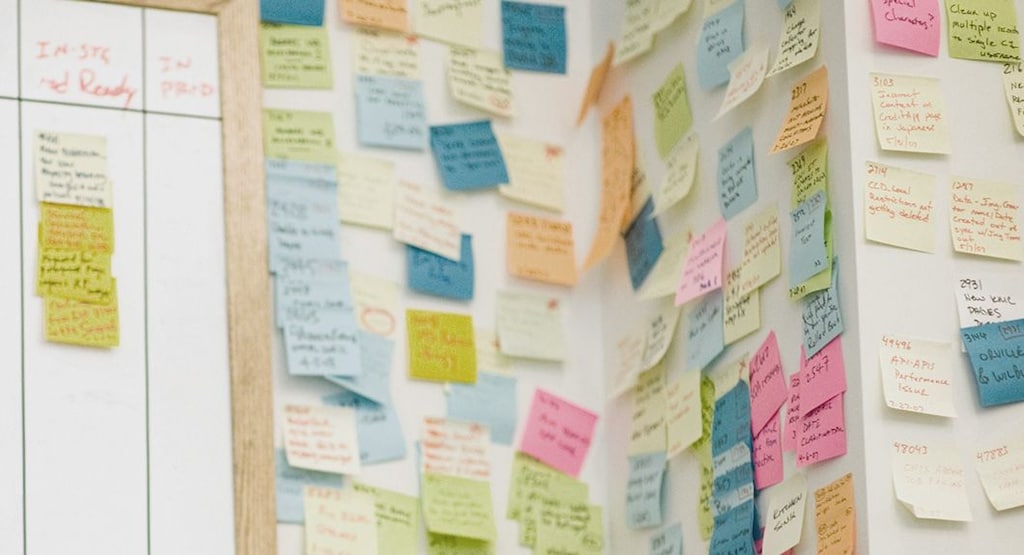When blogger Tom Waddington revealed that he'd discovered the code for a potential 'want' button in Facebook's Javascript SDK, word started buzzing on the impact it could have for businesses and advertisers. Along with the 'want' button, he also discovered the coding for a 'purchased' option.
Digital Wish List
"It would be a potentially huge development for brands who would love to see not what people 'like,' but what they'd actually be interested in purchasing," wrote Laura Stampler at Business Insider. A Facebook 'want' button would allow users to create a digital wish list.
Critics have questioned how effective Facebook advertising actually is. General Motors recently pulled their ads from the social media giant after concluding that the expense wasn't worth it—not enough people were clicking. A 'want' button could revolutionize Facebook for business. Social Media Today predicts that there could be a shopping cart featured alongside the 'want' button that would poise the feature to dramatically compete with the likes of Amazon.
Third-Party Players
There are currently third-party apps providing 'want' buttons from companies like Shopify, 8th Bridge and Froomerce, but users must first approve their use, which involves authorizing the app to access parts of the users' profile. The new 'want' button would operate much like Facebook's 'like' button, eliminating third-party approval and thus making it more likely that users will click on it.
According to Shopify, an e-commerce hosting site that allows users to install the 'want' button directly from their resources page, "On average, 38 percent of all wanters' products posted to Facebook are clicked on by friends, and 'want' impressions boosted the average retailer's previous Facebook traffic by 200 percent."
Other notable businesses that use the third-party 'want' app for their online stores include Atlantic Records, Tommy Bahama and Acer Computers.
“Basically, the potential for an official Facebook channel for 'wants' and 'purchases' using similar methods to articles read/music listened to/videos watched stories is pretty huge,” Waddington told TechCrunch.
Businesses should start thinking about what a 'want' button could mean for them. Here are some benefits of the feature:
Increased Exposure
A want button would be an advertiser for your business. For example, if you're offering an item and someone clicks the 'want' button corresponding your product, it will appear on that person's timeline. This increases the visibility of your product, as friends of that person may see it and 'want' it as well. The same goes for services. If you own a hair salon and are advertising appointments at discounted prices, it would be a great way to reach your target audience. Consider that this is the same pattern that makes music, commercials and other videos go viral.
Business Insights
A 'want' button scratches beneath the surface of the 'like' button because it indicates the intent to purchase. This crucial information would help advertisers understand the needs of the customers—what's working for them and what isn't. It would provide more details on the audience intending to purchase items or services from them. A 'purchased' option would take this even further by revealing exactly who is purchasing.
Spreading Awareness
Unless you're spending a boatload of money on advertising, chances are your business isn't going to get much publicity. You may have something great to offer but don't have the budget to spread the word. Consider how event invitations on Facebook work. You set up the details of your event, go through your friends list and it sends out bulk invites. Without this service, getting to all the people you invited would be tiresome. Similarly, if you lack the funds to put your business on a television commercial, national newspaper, billboard, etc., you have to go the extra mile to reach out to your customers. A 'want' button would essentially spread awareness for you. This would work great for businesses that are recently launched or have new products on the market.
Samantha Cortez writes for Business Insider, focusing on careers, growing start-ups, and social media. She has written entertainment pieces for the New York Daily News and retail design features at 20/20 Magazine.
Photo credit: OPEN Forum



